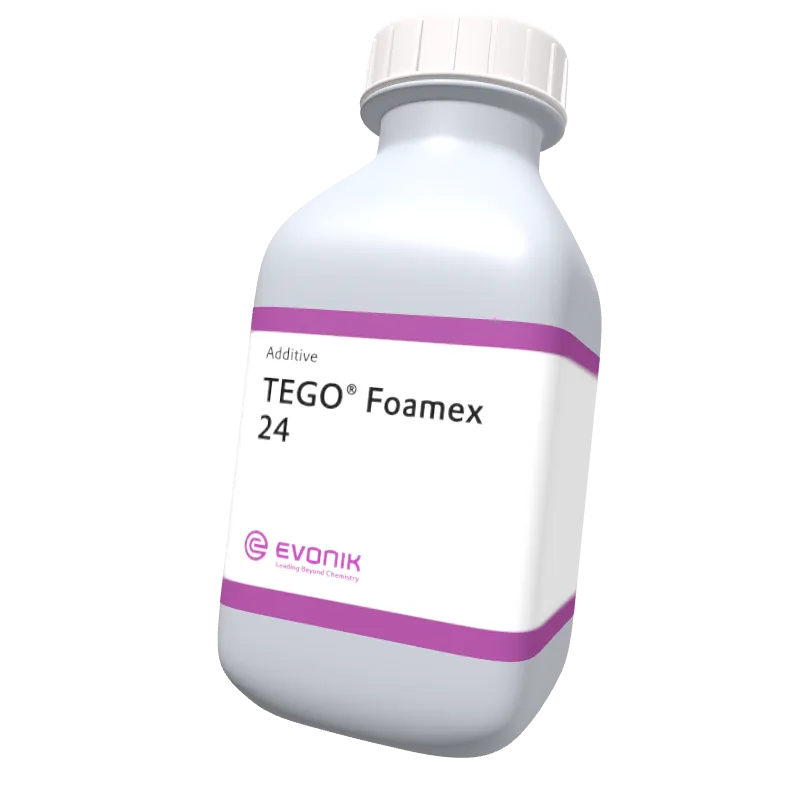Coatino Campus
Defoamer Basics
In this comprehensive, interactive eLearning, you will learn what foam is all about, the working mechanism of defoamers, and which typical defoamer technologies are used in coatings and inks. You’ll discover selection criteria of defoamers and common test methods. After successfully completing the course, you will receive a personalized certificate. During the course, you can pause and resume at any time.








